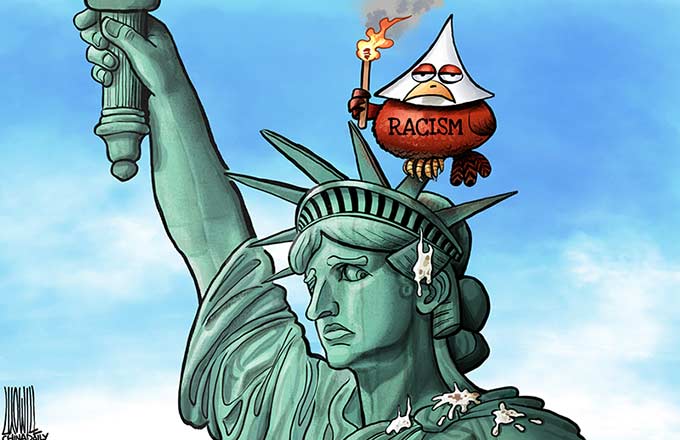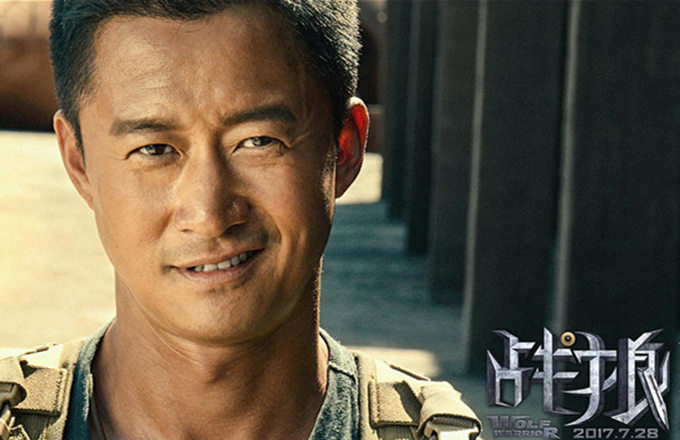Trade war not likely despite US probe
The Ministry of Commerce on Monday termed US investigation into Chinese intellectual property practices “irresponsible” and “biased”. Washington’s protectionist, unilateral approach to bilateral trade issues, it said, risks undermining the progress made by both sides during earlier negotiations and sending out the “wrong signals”. Three experts shared their views on the issue with China Daily’s Cui Shoufeng. Excerpts follow:
No need to panic or overreact
The exit of Steve Bannon, one of the loudest China critics and trade war proponents in the Donald Trump administration, from the White House is being read by some optimists as a “temporary” relief to Beijing. To the discerning eyes, that is illusory.
Shortly before he was removed as White House chief strategist, Bannon told The American Prospect magazine that the United States and China are locked in an “existential battle” for domination of the global economy. Bannon’s White House stint ended on the same day that US Trade Representative Robert Lighthizer formally launched the investigation into so-called unfair Chinese trade practices, likely a farewell gift from the US president he advised.
With Bannon and a string of other political confidants gone, Trump will have to learn how to work with the Republican establishment and return to the “mainstream”. This is not to say Washington’s trade policymaking is in safe hands. The latest probe into intellectual property allegations targeting Beijing was bound to happen on the pretext of correcting the US trade imbalance, with or without Bannon in office.
Bannon’s endorsement of economic nationalism and white supremacy contradicts principles of globalization and cultural diversity enshrined in US politics. His departure was a matter of time, especially after he decided to offer trade war ammunition. But he and his pro-establishment rivals in the divisive Trump administration want the same thing — Beijing’s concessions and a major cutback in Washington’s trade deficit.
Beijing is right to emphasize the role of non-government organs in bilateral trade exchanges and the need to cooperate. A “mainstream” Trump team could become more aggressive in “dealing with” the trade deficit with China, as inside the White House opinions were largely divided and undermined by Bannon’s call for a trade war. And Trump could be tempted to employ sophisticated negotiation tactics to demand his end of the bargain.
Despite the challenges, China need not panic or overreact. The Trump administration’s policymaking mechanism is still fraught with uncertainties and divisions. That said, China should keep interacting with the US trade policymakers and seek consensus on outstanding issues. It could also try to cooperate with decision-making entities outside the White House to make sure the US’ overall China policy is fully debated and balanced.
China-US relations will continue making headlines before and during Trump’s visit to China scheduled for later this year, when Beijing will get an opportunity to further explain the relationship’s reciprocal nature to the US public and media.
Li Haidong, a professor at the Institute of International Relations, China Foreign Affairs University
























